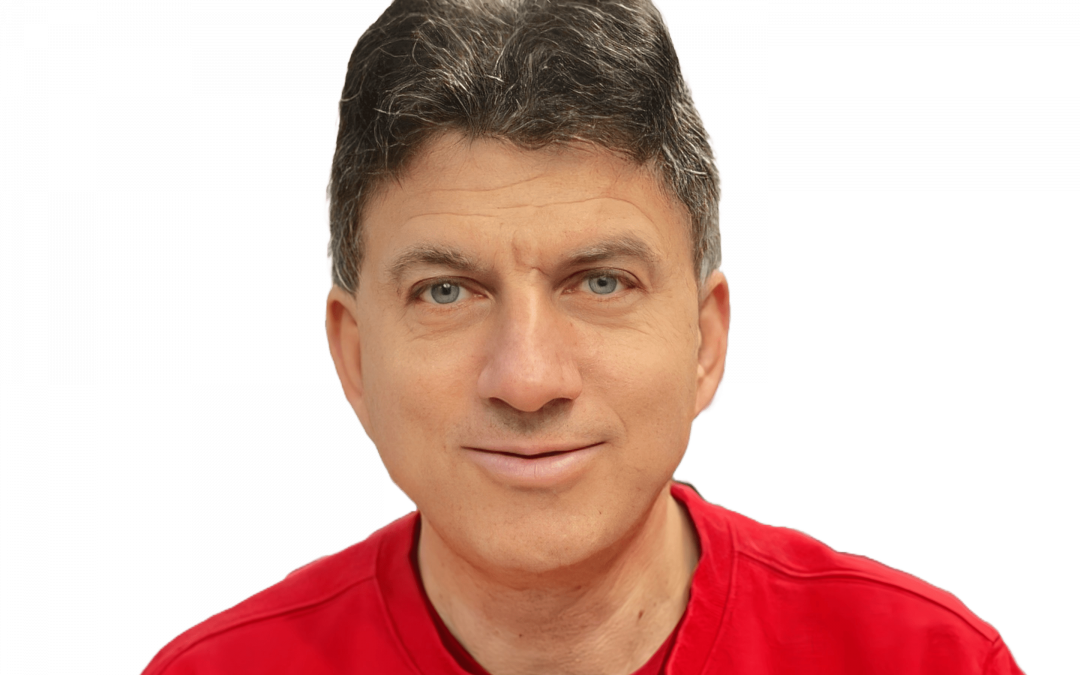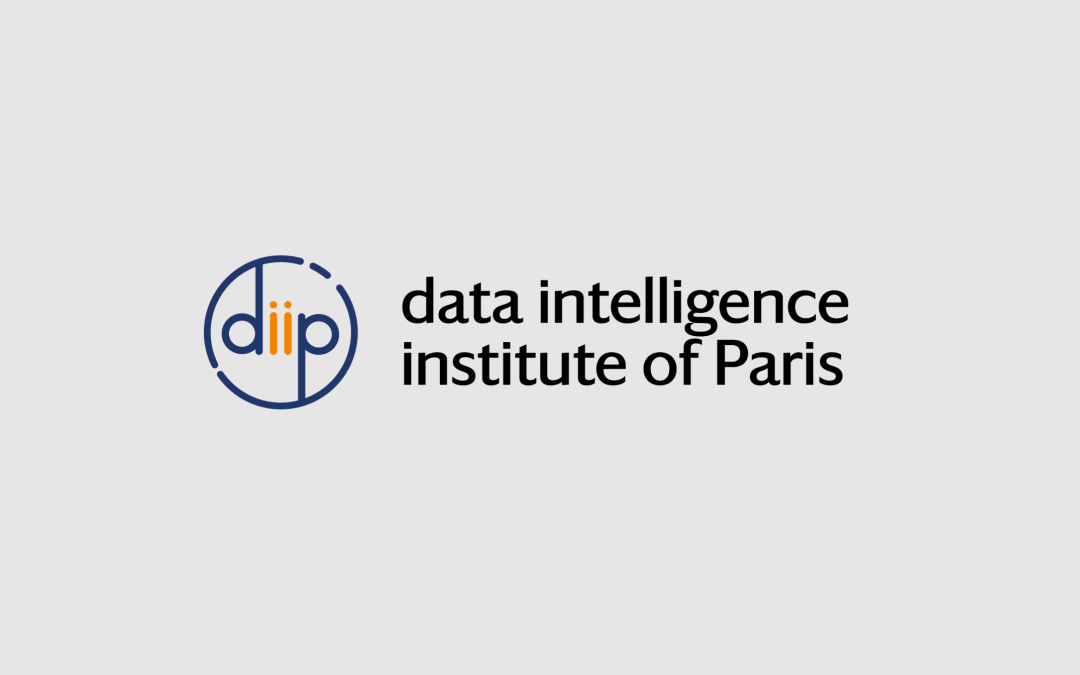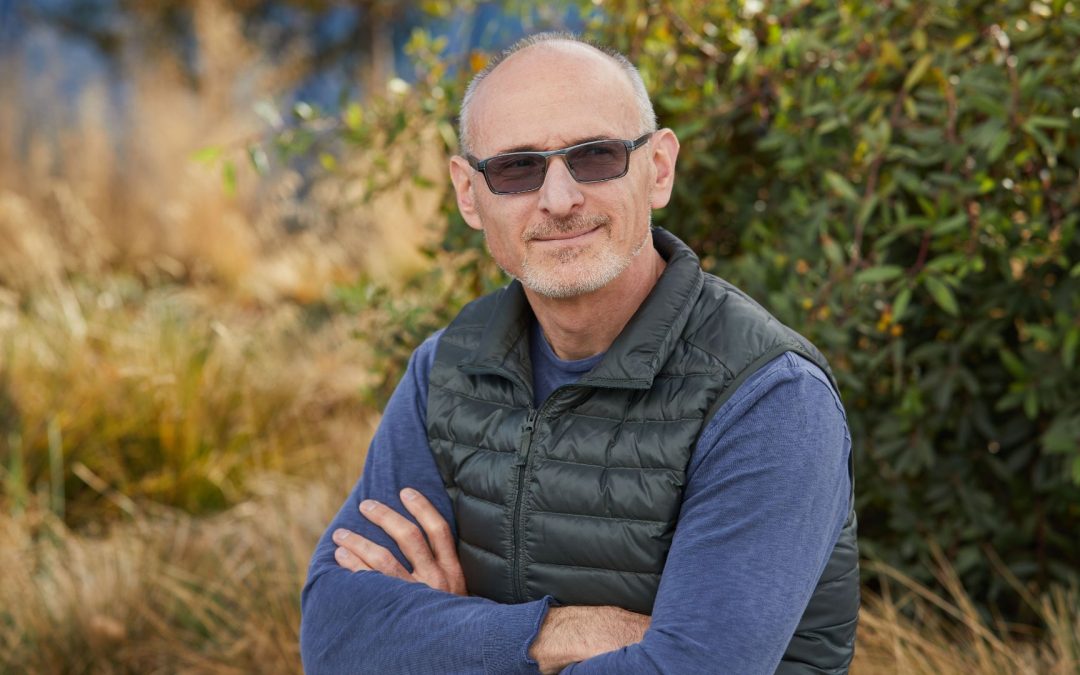Team
The Data Intelligence Institute of Paris (diiP) is a Université Paris Cité IdEx interdisciplinary institute, with the mission to address major contemporary scientific and societal questions.

The diiP institute is governed by an Executive Committee that comprises the following scientists:
- director: Themis Palpanas (Computer Science, Université Paris Cité), is a senior member of French University Institute (IUF), a distinction that recognizes research excellence across all scientific disciplines. a professor in LIPADE, the computer science department of the University of Paris, and a director of the Data Intensive and Knowledge Oriented Systems (diNo) group. He is Member of the Board of Trustees of the VLDB Endowment, Associate Editor for VLDB 2019, Editor in Chief for the Big Data Research (BDR) journal, and Associate Editor for the Transactions on Knowledge and Data Engineering (TKDE) journal. His research is on problems related to online and offline big data analytics and machine learning applications, with a special focus on data series.
- Yvonne Becherini (Astroparticle Physics, Université Paris Cité) is a Professor in Physics, whose research is developed at the Astroparticule et Cosmologie Laboratory (APC) and at the diiP. Her research interests include Multi-Messenger Astronomy, and more specifically, Neutrino and Gamma-Ray Astronomy. She participates in the HESS and KM3NeT experiments, and her current focus is to boost significantly the sensitivity of large-scale experiments in the field, and to access currently hidden information in data, with the help of Artificial Intelligence. She develops diiP PhD courses in Applied Data Analytics for all PhD students of Université Paris Cité.
- Jean-Michel Camadro (Biochemistry, Université Paris Cité), is Directeur de Recherche in CNRS, and director of the Mitochondria, Metals and Oxidative Stress group in the biology research Institute Jacques-Monod of Paris Diderot University. His research interests include quantitative biology and modeling.
- Barbara Hemforth (Cognitive Linguistics, Université Paris Cité), is Directrice de Recherche at the CNRS, Laboratoire de Linguistique Formelle of Paris Diderot University. Starting on January 2020, she will serve as director of the Labex Empirical Foundations of Linguistics. Her research interests include experimental linguistics (neuroscientific and behavioral methods) and corpus analyses.
- Alexandre Fournier (Geophysics, Université Paris Cité), is a professor of geophysics at the Institut de physique du globe de Paris, and the scientific head of the S-CAPAD computing platform. His research interests comprise the modelling of the dynamics of planetary interiors and the application of data assimilation techniques to terrestrial magnetism.
- Pedro Ramaciotti-Morales (Mathematics and Social Sciences, SciencesPo), is a researcher for médialab. At Sciences Po, he leads the European Polarization Observatory of the CIVICA Consortium of European Universities in Social Sciences, co-founded with the London School of Economics, Bocconi University in Milan, and the Central European University in Vienna and develops research projects at the intersection between sociology, political sciences, mathematics, and computer sciences, leveraging models and computing platforms in large-scale studies. His research interests include computational social sciences, complex systems, recommender systems, machine learning/AI, social network analysis, and politics.
- Christophe Cerin (Computer Science, University Sorbonne Paris Nord), is professor of computer science at University Sorbonne Paris Nord, and scientific head of the MAGI computing platform. His research interests include parallel computing, cloud computing, high performance computing, and big data.
- Arnaud Bringé (INED), is a research engineer, head of statistic methods department at INED. His research fields are focused on duration model, multilevel datas, and statistical analysis on historical demography populations. He manages an open statistical seminar on applied statistical methods, which program and past sessions are available here. Activities on his department are available here.
- Grégoire Borst (Psychology and neuroscience, Université Paris Cité) is a Professor of developmental psychology and cognitive neuroscience of education. He is the director of the Laboratory of Child Development and Education (LaPsyDE, CNRS) and junior fellow of the IUF. His research focuses on the study of the neurocognitive processes involved in learning, in the development of children and adolescents and in media truth discernment (i.e., detection of fake news).
- Gaëlle Dufour (Physics, CNRS) is Directrice de Recherche at the CNRS, Laboratoire Interuniversitaire des Systèmes Atmosphériques, LISA (Université Paris Cité, Université Paris Est Créteil, CNRS). Her research interests concern the study of the atmospheric composition for air quality and climate issues, using satellite observations, modeling and data assimilation.
- Professor Etienne Gayat (Medicine, Université Paris Cité) is professor of medicine, specialized in anesthesiology, critical care and perioperative medicine. He is director of the team “Biotargets for cardiovascular dysfunction” within the Inserm unit 942. His research focuses on the exploitation of physiological signals from patients in critical situations. He currently holds a chair in “Massive Data and Artifical Intelligence in Health” sponsored by the AP-HP and Inria.
Below are listed the diiP’s current research associates.
- Zografoula Vagena joined the diiP in 2020. After graduating with a PhD in Computer Science from the University of California, Riverside, she held different positions both in research (IBM Research Microsoft Research, University of Southern Denmark) and industry (Concentra Consulting, Logicblox Inc, RelationalAI Inc) before joining the diiP as a research associate. Her work spans all aspects of data management and analysis (data management systems, data science, optimization).
- Shen Liang joined the diiP in 2021, right after graduating with a PhD in software engineering at Fudan University, China.
- Marc Hulcelle joined the diiP right after graduating with a PhD in Computer Science from the Institut Polytechnique de Paris. He worked on integrating Interactionist Socoiology methodologies for behavioral analysis through machine learning. Now, his work focuses on the use of Sociology theories for machine learning modelling of social phenomena.
By the way…

Nikos Paragios – Seeing the Invisible – Doing the Impossible: Reinventing Healthcare with Generative AI-powered diagnosis, treatment and beyond
Nikos ParagiosDecember 04, 2024Vulpian Amphitheater, 12 rue de l’École de Médecine (75006 Paris) Nikos Paragios (52) is distinguished professor of Mathematics (on partial leave) at Ecole CentraleSupelec, the school of engineering ofthe University of Paris-Saclay and...

Deeply Learning from Neutrino Interactions with the KM3NeT neutrino telescope
2022 PhD/ DIAI Projects @AstronomyParticle physics and graph neural networks Santiago PENA MARTINEZ Project Summary A new generation of neutrino experiments is in the horizon looking to explore many of the open questions on neutrino properties and searching for...

Alon Halevy – Well-being, AI, and You: Developing AI-based Technology for Well-being
Alon HalevyDecember 04, 2024Vulpian Amphitheater, 12 rue de l’École de Médecine (75006 Paris) Alon Halevy is a Distinguished Engineer in Google Cloud. From 2019 until November 2023, he was a director at Meta’s Reality Labs Research, where he worked on Personal Digital...

Shen Liang – Knowledge-guided Data Science
Shen LiangMay 18, 4 PM online (zoom) linkedinAbstract This tutorial presents an overview of knowledge-guided data science, a rising methodology in machine learning which fuses data with domain knowledge. We will present numerous case studies on this methodology...
